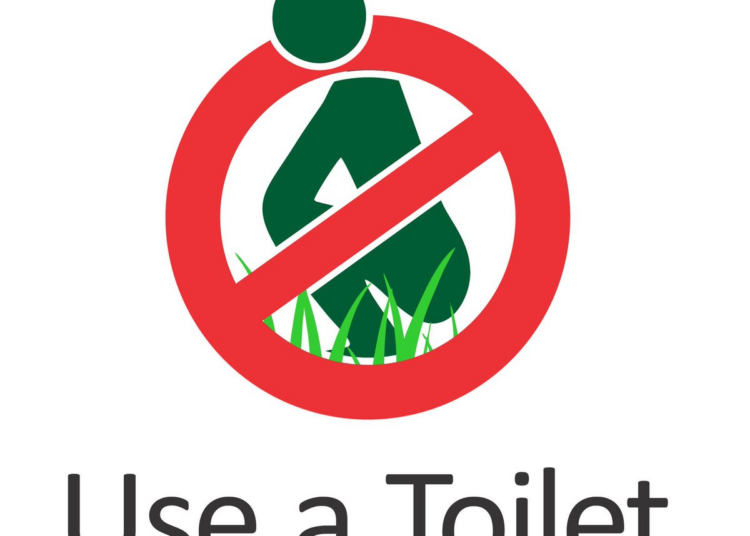Recently, there was a cholera outbreak in Bukkuyum district of Zamfara State, which led to the death of eight people and infected over 200 others in 11 communities in the state.
The affected communities, including Nasarawa-Burkullu, Gurusu, and Adabka, have been overwhelmed. Due to the lack of primary healthcare facilities, many patients are treated at home with varying degrees of effectiveness.
A federal lawmaker from the state, Sulaiman Abubakar Gumi, calling for urgent action from the state government and international non-governmental organisations (NGOs), warned that any delay will cost more lives, especially among women and children.
We recognise that cholera is common and remains quite a significant public health challenge in Nigeria. Sadly, the country continues to record consistently high numbers of casualties across the states arising from cholera and other preventable water-related childhood illnesses yearly, with no tangible effort to curb the situation.
In 2024, Nigeria recorded approximately 10,837 suspected cholera cases between January and September, with a Case Fatality Rate (CFR) of 3.3 per cent, as the Nigerian Centre for Disease Control (NCDC) disclosed.
While overall case numbers increased from previous years, like 2023, this was a significant decrease compared to the major outbreak 2021. Major hotspots included Lagos State and the BAY states (Borno, Adamawa, Yobe).
We know that Nigeria’s health indices rank among the worst in the world, compounded by its weak health system.
Experts define waterborne diseases as illnesses caused by drinking contaminated water and include common infections like cholera, typhoid fever, diarrhoea, dysentery, hepatitis A, and giardiasis, which are often caused by bacteria, viruses, or parasites transmitted through human or animal faeces in the water supply.
Other examples include cryptosporidiosis, legionellosis and schistosomiasis, which can be contracted by drinking or coming into contact with infested water.
Many Nigerians, especially rural dwellers, still defecate in open spaces like fields and bushes, using open drains and gutters, abandoned or uncompleted buildings, and the “short put” method of using plastic bags for waste disposal.
Inadequate sanitation facilities, poverty, and a lack of awareness in rural and urban areas drive these practices.
During the raining season, they’re washed into rivers and streams, where they inevitably end up as drinking, cooking, and washing water.
According to United Nations Children’s Fund (UNICEF), adequate and safe sanitation and hand hygiene practices cannot be overstated.
They help prevent illnesses that impact families’ livelihoods, and more importantly, take the lives of far too many children.
In 2024, UNICEF reported that over 48 million Nigerians still practice open defecation, leading to a N2.4 trillion annual economic loss.
With its high incidence, Nigeria has been named among the countries with the highest number of people practising open defecation globally.
According to UNICEF’s 2021 report, the states with the highest rates of open defecation are Kwara, Plateau, and Ebonyi, while those with the lowest rates are Abia, Zamfara, and Akwa Ibom.
It noted that there had been some progress on ending open defecation, with 71 out of Nigeria’s 774 local government areas declared ‘open defecation-free’ – up from 18 in 2019.
The states with the highest number of ‘open defecation-free’ LGAs are Katsina, Jigawa and Benue – with 21, 18 and 9, respectively.
This newspaper recognises that the fundamental components of the Sustainable Development Goals (SDGs) are good health and clean water by 2030.
During last year’s commemoration of World Toilet Day, Vice President, Kashim Shettima officially launched the revised Clean Nigeria Campaign (CNC) Strategic Plan, reaffirming the nation’s commitment to eradicate open defecation by 2030.
Reinforcing the initiative’s importance, he stated that access to safe and clean toilets is not just about infrastructure but about dignity, health, and safety for all Nigerians.
The UNICEF Representative in Nigeria Cristian Munduate remarked, “Sanitation is not a privilege; it is a fundamental human right.
But almost a year since the launch, no appreciable progress has been made across the states.
Early this year, the federal government reported that 142 Local Government Areas (LGAs) in 20 different states have achieved Open Defecation Free (ODF) status, with Jigawa being the first entirely ODF state in Nigeria.
Other states with many ODF LGAs include Kano, Katsina, Anambra, and Borno.
In our opinion, it is crucial to get everyone on board and increase coverage to achieve the SDG targets by 2030, which is just a few years away.
According to eWash, involving the private sector is key to ending open defecation in Nigeria. The sector can establish public toilets and secure loans to fund sanitation facilities.
The National Orientation Agency (NOA) must embark on widespread and continuous sensitisation across all areas, with state governments also buying in and taking ownership.
“We are working closely with the FG and exploring the use of revolving loans to build public toilets. Additionally, we need widespread
Establishing WASH policies nationwide to provide clean drinking water would directly and indirectly serve as a basic step in controlling cholera and other related diseases in Nigeria.





